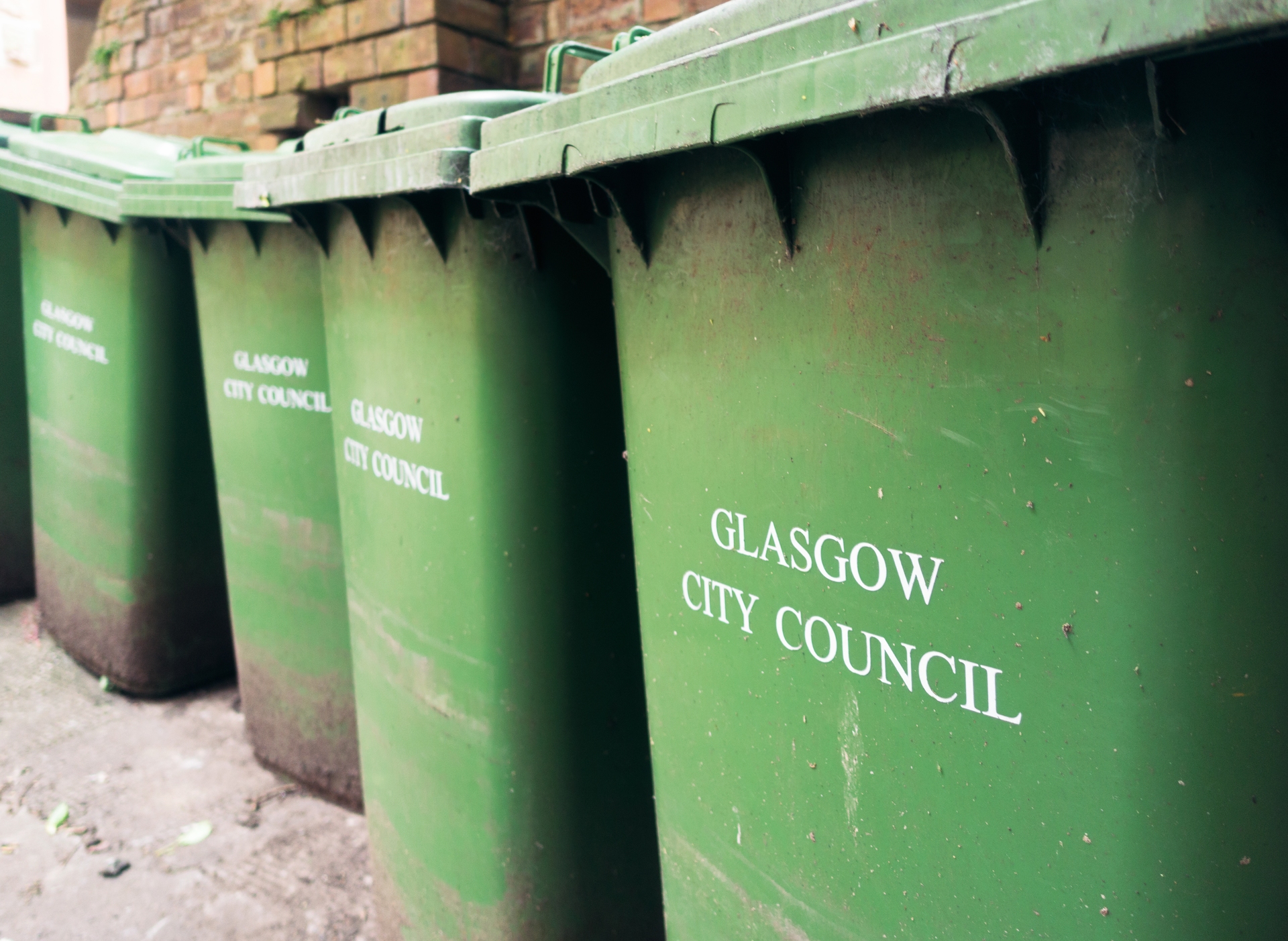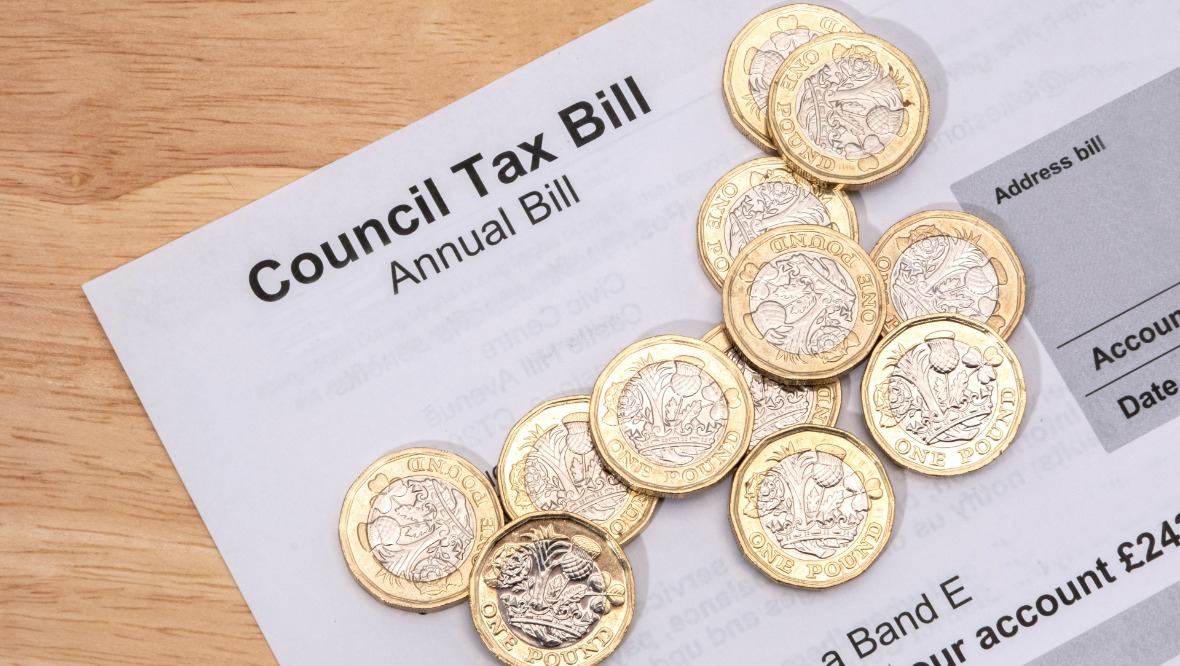I remember having a conversation with an MSP a few years ago. He impressed upon me the vital job he and his 128 Holyrood colleagues do in the service of the country.
I told him by way of observation: “But you run absolutely nothing. Not a school or a hospital or a public transport route or social care. Nothing. You legislate and apportion resources, nothing more.”
My observation was not meant to be provocative or cast doubt on the important business of the Scottish Parliament. I take it as a given that they are engaged in serious stuff.
But I come back to my point.
MSPs oversee services and ministers are accountable for them. Holyrood’s tribunes have an arms-length relationship with public services. The reality of matters going awry can be thrashed out in the chamber, where ministers essentially hold a line established by civil servants who tend to a benevolent view of those under fire.
Contrast that position with that of Scotland’s 1200 local councillors. By comparison to MSPs, they are poorly paid, with no career prospects and if they are rooted in their community will probably rack up a lot of hours in an average week.
Councillors are at the sharp end of Scotland’s public services. They help shape social housing provision, are responsible for local schools, sit on health boards who run hospitals, feel the heat of irate constituents when bins go unemptied, play a key role in local business development.
I could go on, but won’t, suffice to say I have always considered a great councillor to be of more significance to public service delivery than a jobbing MSP.
The issue of council funding therefore is a central issue to the delivery and quality of public services in Scotland. And yet the noise around the constitution, the fallout from Brexit, the horror of Covid and now the anguish of Ukraine has left this issue greatly under-reported and discussed.
The current funding model for councils, with its essential reliance on the decision of the Holyrood finance secretary is simply not fit for purpose in meeting the challenge of authorities doing the heavy lifting on policies often framed by MSPs.

The SNP came to power in 2007 with a pledge to scrap the unfair council tax. They haven’t. Worse, they have continued to preside over a tax where the majority of Scottish households are in the wrong band, since the current system relies on a valuation of property that is more than 30 years out of date.
They have handcuffed councils by ring-fencing finance to meet national priorities and, until this year, limited the scope for fiscal freedom in the setting of council tax levels.
The bigger finance picture is even more disturbing and is laid bare today by the findings of the Accounts Commission. Since 2013/14, the SNP government at Holyrood has cut council funding by 4.3% in real terms. That is a sobering statistic and one that limits the ability of councillors to provide the level of service constituents demand.
Ministers hide behind levels of finance that show an increase in spending without taking into account inflation or the fact that some expenditure has been as a consequence of the Covid pandemic.
Government is the exercise of difficult choices made more difficult by competing demands for limited resources. In the end it comes down to priorities. It is for the Scottish Government to explain why 32 authorities in the vanguard of public service provision have been treated as they have.
The Accounts Commission say today: “There are significant challenges ahead as councils continue to respond to the impacts of Covid-19 on services, finances and communities.
“Councils must also address the cost and demand pressures pre-dating Covid-19, as well as develop long-term plans with partners to address complex issues.
“This includes addressing child poverty, inequalities, improving economic growth and delivering Scotland’s net-zero ambitions.”
 iStock
iStockYou wouldn’t expect a statutory body to be directly political, but let me translate what the clear implication of their observations appear to be: the finance settlements of the current government make it more difficult to tackle child poverty and inequality.
The Welsh politician Aneurin Bevan used to say that “socialism is the language of priorities”. It is for the self-declared social democrats at Holyrood to square their allocations for local government with their stated priorities on abolishing child poverty and lifting the life chances of the marginalised.
The change in the voting system for council elections took much of the political heat out of the often-fractious relationship between central and local government. Few councils are dominated by one party in the way they used to be. In addition, the work of councils has gone both under-scrutinised and under-reported in the post-devolution age.
For all that, I would still contend that councils are in many ways more important than Holyrood in the delivery of services and of their ability to transform lives.
On May 5, voters will go to the polls to elect new councils. The local manifestos will largely be worthless when it comes to policies that fundamentally transform lives.
There is a truism that is inescapable. So long as the purse strings are controlled in Edinburgh, what happens in the local corridors of power will conduct to a national anthem.

 iStock
iStock

























